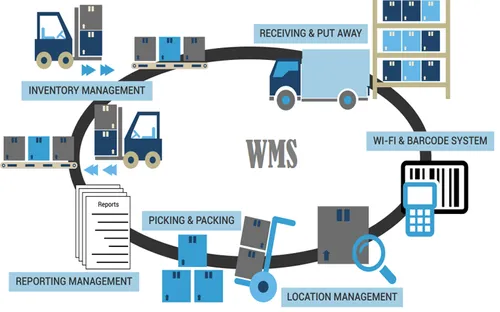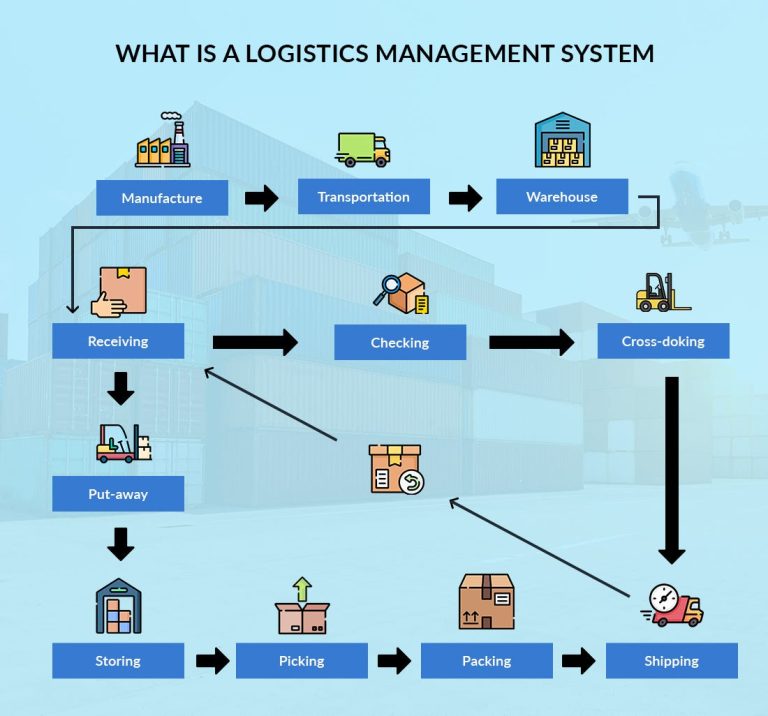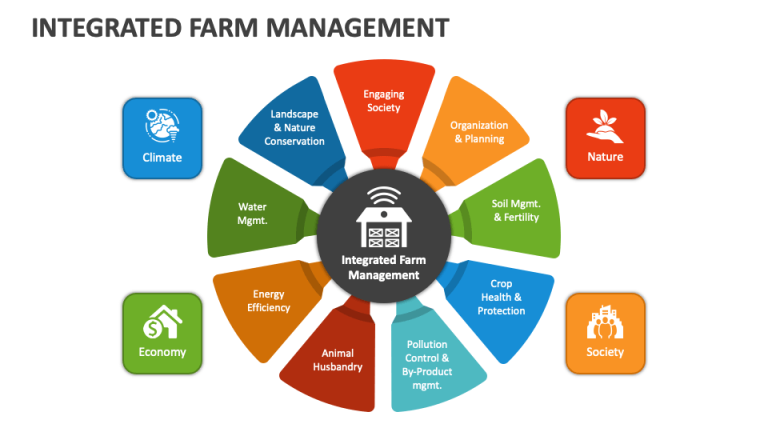Training Course on GIS Mapping and Spatial Analysis for M&E

About The Course
Course Description
Have you ever wondered how experts track environmental changes, plan urban developments, or even manage natural disasters using digital maps? Or perhaps you've thought about the magic behind visualizing data in a way that tells a story, revealing patterns and insights hidden to the naked eye? If these questions ignite your curiosity, you're in the right place! In this course, we're not just going to learn about GIS (Geographic Information Systems); we're going to experience it. Together, we'll embark on a journey, exploring the power of spatial analysis and how it transforms raw data into actionable insights for monitoring and evaluation purposes.
This Training Course on GIS Mapping and Spatial Analysis for Monitoring and Evaluation offered by Phoenix Center for Policy, Research and Training will help project managers apply GIS to monitor and evaluate the activities of specific projects in an effort to document outcomes, increase sustainability and develop effective solutions to problems identified. Through this training, we will examine ways in which we can use maps to define, measure and display project outcomes.
By using the GIS to link data from multiple programs the training will make it possible to understand the individual programs better but also better understand the relationship between the programs. Spatial analysis techniques will also help with deriving outcomes measures. To achieve set objectives, the training will also explore the technical topic of Monitoring and Evaluation (M&E) methods that are used worldwide in many development projects and the application of technical tools of Geographic Information Systems (GIS) for project monitoring and management.
Course Objectives
Upon the successful completion of this Training Course on GIS Mapping and Spatial Analysis for Monitoring and Evaluation, participants will be able to:
- Understand key concepts in M&E and GIS
- Discuss new technologies being adopted in project monitoring and evaluation:
- Mobile phones in M&E,
- Participatory video for M&E
- Support bottom-up learning, making real-time M&E a reality through ICT
- Learn about the working of M&E information management systems
- Learn how to collect data using mobile phones and other electronic devices while tracking GPS coordinates
- Learn how to integrate exiting M&E data with GIS
- Learn how to analyze and visualize M&E data with the aid of GIS techniques
- Learn how to integrate GIS into M&E activities
Training Methodology
The course is designed to be highly interactive, challenging and stimulating. It will be an instructor led training and will be delivered using a blended learning approach comprising of presentations, discussions, guided sessions of practical exercise, case study review, web-based tutorials, group work, exploration of relevant issues collaborative strength training, performance measurement, and workshops of participants’ displays, all of which adhere to the highest standards of training. The training technique is built on learning by doing, with lecturers using a learner-centered approach to engage participants and provide tasks that allow them to apply what they’ve learned. Experiential knowledge is also given equal importance within the format of training. Our facilitators are seasoned industry professionals with years of expertise in their chosen fields. All facilitation and course materials will be offered in English.
Who Should Attend?
This Training Course on GIS Mapping and Spatial Analysis for Monitoring and Evaluation would be suitable for, but not limited to representatives from government, project teams, NGOs, multi and bi-lateral development organizations that are typically employed as Project Managers and Directors, M&E Specialists, Technical Specialists, and Researchers.
Course Content
Module 1: Introduction to GIS and Spatial Analysis
- Introduction to key concepts in M&E
- Basics of Geographic Information Systems (GIS)
- Role of GIS in M&E
- Understanding spatial data and geographic concepts
Module 2: GIS Software and Tools
- Overview of popular GIS software (e.g., ArcGIS, QGIS)
- Navigating the interface and functionalities of GIS tools
- Data import and export in GIS software
Module 3: Data Collection and Management in GIS
- Techniques for collecting spatial data
- Managing and organizing geographic data
- Ensuring data accuracy and integrity in GIS
Module 4: Mapping and Visualization with GIS
- Creating maps and visualizations in GIS
- Symbolization, labeling, and thematic mapping
- Communicating results through effective cartographic design
Module 5: Spatial Analysis Techniques
- Methods for spatial data analysis
- Exploring spatial patterns and relationships
- Case studies of spatial analysis in monitoring and evaluation
Module 6: GIS in Monitoring and Evaluation Projects
- Applying GIS in Various Monitoring and Evaluation Contexts
- Integrating Spatial Analysis into Evaluation Frameworks
- Case Studies of GIS Application in Real-World Projects
Module 7: Reporting and Decision Making with GIS
- Transforming spatial analysis into actionable insights
- Best practices for reporting GIS findings
- Using GIS data to inform policy and decision-making
Module 8: Challenges and Solutions in GIS Applications
- Addressing common challenges in GIS mapping and analysis
- Solutions and best practices for effective GIS implementation
- Discussion on overcoming obstacles in GIS projects
Module 9: Advanced Topics in GIS and Spatial Analysis
- Emerging trends and technologies in GIS
- Remote sensing and integration with GIS
- Future directions in spatial analysis and evaluation
Requirements
- Participants should be reasonably proficient in English.
- Applicants must live up to Phoenix Center for Policy, Research and Training admission criteria.
NOTE
- Discounts: Organizations sponsoring Four Participants will have the 5th attend Free
- What is catered for by the Course Fees: Fees cater for all requirements for the training – Learning materials, Lunches, Teas, Snacks and Certification. All participants will additionally cater for their travel and accommodation expenses, visa application, insurance, and other personal expenses.
- Certificate Awarded: Participants are awarded Certificates of Participation at the end of the training.
- The program content shown here is for guidance purposes only. Our continuous course improvement process may lead to changes in topics and course structure.
- Approval of Course: Our Programs are NITA Participating organizations can therefore claim reimbursement on fees paid in accordance with NITA Rules.
How to Book
Simply send an email to the Training Officer on training@phoenixtrainingcenter.com and we will send you a registration form. We advise you to book early to avoid missing a seat to this training.
Or call us on +254720272325 / +254737566961
Payment Options
We provide 3 payment options, choose one for your convenience, and kindly make payments at least 5 days before the Training start date to reserve your seat:
- Groups of 5 People and Above – Cheque Payments to: Phoenix Center for Policy, Research and Training Limited should be paid in advance, 5 days to the training.
- Invoice: We can send a bill directly to you or your company.
- Deposit directly into Bank Account (Account details provided upon request)
Cancellation Policy
- Payment for all courses includes a registration fee, which is non-refundable, and equals 15% of the total sum of the course fee.
- Participants may cancel attendance 14 days or more prior to the training commencement date.
- No refunds will be made 14 days or less before the training commencement date. However, participants who are unable to attend may opt to attend a similar training course at a later date or send a substitute participant provided the participation criteria have been met.
Tailor Made Courses
This training course can also be customized for your institution upon request for a minimum of 5 participants. You can have it conducted at our Training Centre or at a convenient location.
For further inquiries, please contact us on Tel: +254720272325 / +254737566961 or Email training@phoenixtrainingcenter.com
Accommodation
Accommodation is arranged upon request and at extra cost. For reservations contact the Training Officer on Email: training@phoenixtrainingcenter.com or on Tel: +254720272325 / +254737566961
Start To Learn
5 Days
Certificate
Course Duration
Course Price
Training Calendar
2024 Training Calendar | |||
Start Date | End Date | Location | Register |
| 10-Jun-2024 | 14-Jun-2024 | Nairobi | https://rb.gy/tb38zt |
| 24-Jun-2024 | 28-Jun-2024 | Nairobi | https://rb.gy/tb38zt |
| 8-Jul-2024 | 12-Jul-2024 | Nairobi | https://rb.gy/tb38zt |
| 22-Jul-2024 | 26-Jul-2024 | Nairobi | https://rb.gy/tb38zt |
| 5-Aug-2024 | 9-Aug-2024 | Nairobi | https://rb.gy/tb38zt |
| 19-Aug-2024 | 23-Aug-2024 | Nairobi | https://rb.gy/tb38zt |
| 2-Sep-2024 | 6-Sep-2024 | Nairobi | https://rb.gy/tb38zt |
| 16-Sep-2024 | 20-Sep-2024 | Nairobi | https://rb.gy/tb38zt |
| 30-Sep-2024 | 4-Oct-2024 | Nairobi | https://rb.gy/tb38zt |
| 14-Oct-2024 | 18-Oct-2024 | Nairobi | https://rb.gy/tb38zt |
| 28-Oct-2024 | 1-Nov-2024 | Nairobi | https://rb.gy/tb38zt |
| 11-Nov-2024 | 15-Nov-2024 | Nairobi | https://rb.gy/tb38zt |
| 25-Nov-2024 | 29-Nov-2024 | Nairobi | https://rb.gy/tb38zt |
| 9-Dec-2024 | 13-Dec-2024 | Nairobi | https://rb.gy/tb38zt |
| 16-Dec-2024 | 20-Dec-2024 | Nairobi | https://rb.gy/tb38zt |




